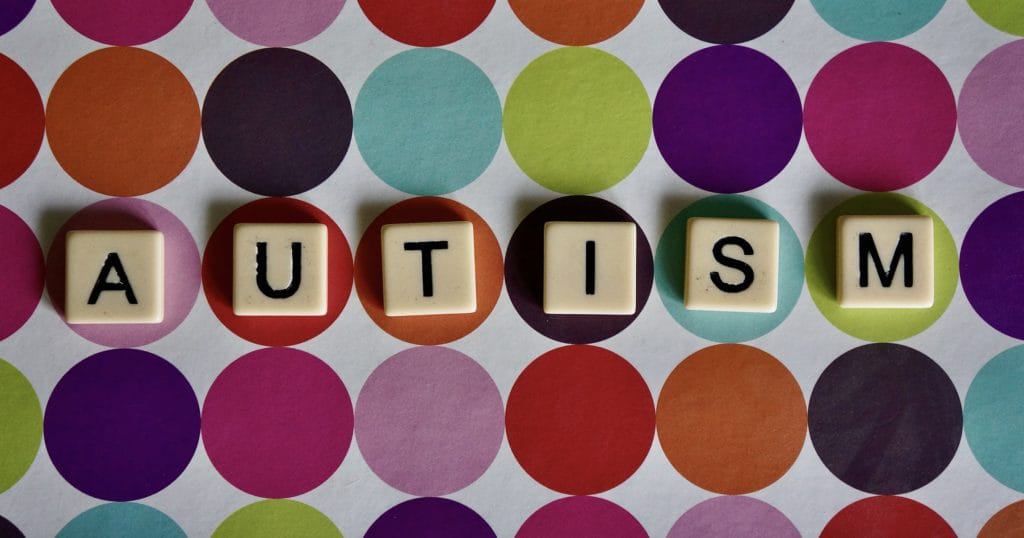This story was originally published in 2010.
Vaccines have saved untold millions of lives, and the vast majority of people who get them suffer no major problems.
But there’s a trade-off: occasionally, vaccines cause injury or death. Very rarely, patients are left with what’s known as “encephalopathy”, the medical term for brain damage.
In fact, CBS News has found nearly 1,300 cases in which vaccine-related brain damage has been compensated in court over the past 20 years.
The debate over any links between vaccines and autism – a behavior problem triggered by brain damage – couldn’t be more contentious. The great majority of medical opinion holds that vaccines don’t cause autism. However, many of the same experts don’t dispute that vaccines can, in rare instances, cause brain damage.
Family to Receive $1.5 Million + in First-Ever Vaccine-Autism Court Award
Learning From a Previous Vaccine-Autism Case
Our examination of federal vaccine court decisions over the years reflects this. Children who end up with autistic symptoms or autism have won vaccine injury claims over the years-as long as they highlighted general, widely-accepted brain damage; not autism specifically. But when autism or autistic symptoms are alleged as the primary brain damage, the cases are lost.
That doesn’t make sense to families who see autism as a specific form of encephalopathy. But it makes perfect sense to the University of Pennsylvania’s Dr. Brian Strom, who has served on Institute of Medicine panels advising the government on vaccine safety. He says the prevailing medical opinion is that vaccines are scientifically linked to encephalopathy, but not scientifically linked to autism.
“The fact that a person suffers autism and encephalopathy does not mean that the vaccine caused both of them,” says Dr. Strom. “Even if it caused the encephalopathy, that may or may not have been the cause of the autism–those are two different questions.”
Still, some families who believe vaccines caused autism in a loved one are circulating these words of advice: use “encephalopathy” in vaccine court and you’re more likely to win. Argue “autism” and you’re sure to lose.
“I purposely avoided mentioning ‘autism’ in the claim,” says the attorney for a child diagnosed with brain damage and autism after her DTaP vaccination at 18 months. The lawsuit alleged only encephalopathy. “Using (the child’s) autism diagnosis would have dragged out the lawsuit for years. The point wasn’t to try to win the autism debate, it was to get this family the compensation they need to take care of their injured child.” They promptly won a significant award.
Sharyl Attkisson’s 2007 Report on Michelle Cedillo
The case of Michelle Cedillo, now 16, couldn’t have turned out more differently. Her autism claim was a “test case” in federal vaccine court. If she’d won, it could have opened the floodgate for thousands more vaccine-autism claims to be paid. Michelle’s attorney argued that an MMR shot on Dec. 20, 1995 directly caused her severe autism. But the federal vaccine court couldn’t have been firmer in smacking down the claim last year, saying there was no credible proof that vaccines caused her autism. Michelle is also diagnosed with severe encephalopathy. Her mother, Theresa Cedillo, feels they could have won if they had simply based their case on encephalopathy. Mrs. Cedillo doesn’t regret her daughter being a landmark autism case, even though they lost. But for future families, she says: “if you want to be compensated, I would say stay away from the ‘autism’ word.”
Since the late 1980’s, more than 2,100 families have received compensation for vaccine injuries under the federal program designed to help in rare instances of severe vaccine side effects. And more than half of those awards are for brain injuries.
Total Number of Brain Injury Cases Compensated in Federal Vaccine Court
(as of May 2010 and including the newly-released settlement of the Hannah Poling autism case)
Encephalitis/Encephalopathy: 639
Seizure Disorders: 656
Autism 1*
Total: 1,296
Source: HHS-HRSA (Health and Human Services Health Resources and Services Administration)
*In this case (involving Hannah Polling), though the government conceded before trial, it took the position that vaccines didn’t “cause” autism, but rather that the vaccines aggravated an unknown and previously undiagnosed mitochondrial disorder the child had which “resulted” in autism. It’s unknown how many other children have similar undiagnosed mitochondrial disorder.
Neither the court nor the government is tracking how many vaccine-brain damage cases involve children who also ended up with autism or autistic-like behavior. When we asked for the statistics, vaccine compensation officials told us: “The government has never compensated, nor has it ever been ordered to compensate, any case based on a determination that autism was actually caused by vaccines. We have compensated cases in which children exhibited an encephalopathy, or general brain disease. Encephalopathy may be accompanied by a medical progression of an array of symptoms including autistic behavior, autism, or seizures.”
When we asked why government officials aren’t looking for the rate of autism among the brain damage victims who have been given compensation, vaccine compensation officials told us: “Anticipating large numbers of claims, the Court allowed the filing of ‘shortform’ petitions, but without medical records. As a result, a very small number of the pending 5,000 claims have medical records, making it impossible for us to review and compare commonalities, patterns, or any general trends among all of the petitioners. Over time, we may learn more about patterns of pre-existing conditions and the role vaccines play, if any, in their progression. As we have done in the past, the VICP medical staff will look at the court findings and any new scientific information, and may publish scientific articles as appropriate.”
Dr. Brian Strom adds that unless an association between vaccines and autism is scientifically proven, it simply doesn’t exist, as far as scientists are concerned. “One can always hypothesize that an exposure is linked to an outcome. The question for science is to prove whether or not that truly occurs more often than one would expect by chance. Absent that, a scientist assumes there is no association. It is analogous to a courtroom, where you are innocent until proven guilty. In science, there is no link, unless or until there are data proving a link.”

Visit The Sharyl Attkisson Store today
Unique gifts for independent thinkers
Proceeds benefit independent journalism




Have you interviewed RFK Jr. yet?
Sharyl, I have asked this questions to numerous doctors, I have never gotten an answer. I was married in 1966. I live in Illinois, the county required blood test of the people getting married. I think it was that way prior to 1966 from other people that I have spoken to about this. Is it a possibility that when they stopped requiring blood test is when we started seeing multiple disease with children. Prior to 1966 when they tested, the people getting married must have compatible blood types (I thought it had something to do with children born to the couple) If they were not compatible, the babies got blood transfusions at the time of birth. I had to have heard this, I couldn’t just dream something like this up but everyone says no, no such thing has every been done. What is your take on this?
“Vaccines have saved untold millions of lives, and the vast majority of people who get them suffer no major problems. ”
That’s a statement of faith, Sharyl, not a statement of fact. Check out RFK on that subject (as well as others who’ve taken a deep dive into that assertion).
About your poll, I’m in a quandary, I can’t imagine any other kind of work, but I’m not happy with my input. So I’m torn between answering “100%” and *No.”